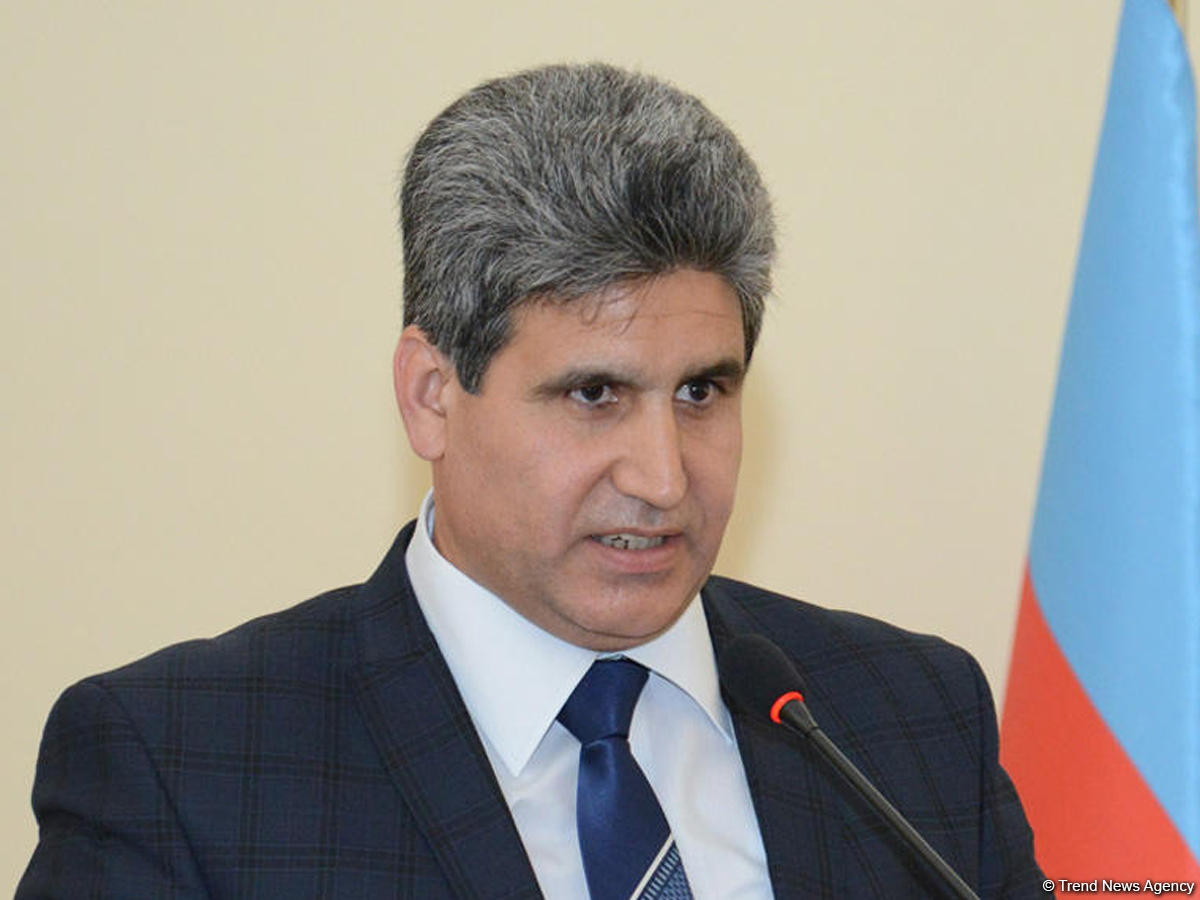Baku, Azerbaijan, Feb. 15
By Elchin Mehdiyev - Trend:
The work to clarify the missing people list of Azerbaijan’s State Commission on Prisoners of War, Hostages and Missing Persons, and the measures to eliminate the difference when compared with the list of the International Committee of the Red Cross (ICRC), continues, Eldar Samadov, deputy head of the Working Group of the State Commission, said in an interview with Trend.
For now, the fate of the two missing persons whose names have been excluded from this list has been clarified, he said.
He noted that as a result of the investigations held last year, it was established that during the Nagorno-Karabakh conflict, dozens of people went missing during the fighting prior to the establishment of the ceasefire regime. Their names were registered in the State Commission and included in the corresponding list, he added.
“As of Dec. 1, 2017, the State Commission registered the names of 3,875 missing persons,” Samadov said.
He added that investigations were carried out regarding persons not included in the ICRC list and, according to the procedures of the structure, requests were sent to the corresponding addresses for their registration. The data collected from the citizens were sent to the ICRC to restore the work on the search for dozens of missing persons, he noted.
“The structure additionally registered 29 people,” Samadov said. “Presently, 3,800 persons are registered as missing in the ICRC list. The difference when compared to the list of the State Commission is 75 people, while this difference was more than 300 people in 2015.”
Samadov noted that the work was continued to establish GPS coordinates of burial places of people who became martyrs during the Armenia-Azerbaijan Nagorno-Karabakh conflict and were buried as unknown persons. In particular, the GPS coordinates of six burial places in Azerbaijan’s Barda district were established, he said.
A total of 195 burial places were found during the process, he added.
In addition, during the familiarization with photos of persons buried in 11 graves discovered in April-May last year in the Shammadli cemetery in Imishli district, five families of missing persons said that they had recognized those persons, and therefore, the necessary discussions and consultations were held with the ICRC, Forensic Medical Expertise and Pathological Anatomy Scientific Practical Investigation Unit of Ministry of Health and law enforcement agencies of Azerbaijan, he said.
The State Commission together with the ICRC took DNA samples from 17 donors - relatives of missing persons, he noted. In connection with the abovementioned, a letter was sent to the Prosecutor General’s Office to investigate the issue related to unknown graves in the Imishli district and conduct genetic testing, Samadov said.
The conflict between the two South Caucasus countries began in 1988 when Armenia made territorial claims against Azerbaijan. As a result of the ensuing war, in 1992 Armenian armed forces occupied 20 percent of Azerbaijan, including the Nagorno-Karabakh region and seven surrounding districts.
The 1994 ceasefire agreement was followed by peace negotiations. Armenia has not yet implemented four UN Security Council resolutions on withdrawal of its armed forces from the Nagorno-Karabakh and the surrounding districts.






